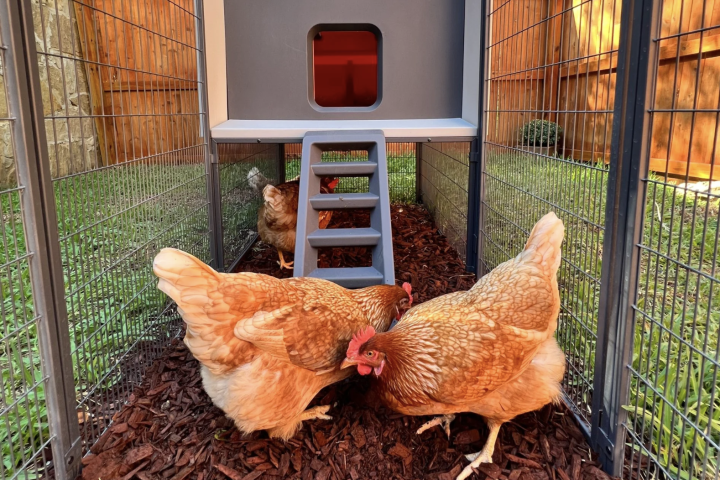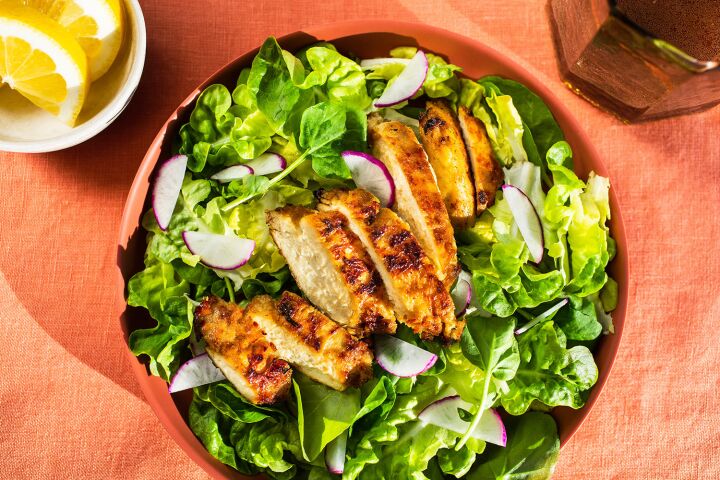Chicken
-
For the first time, researchers found that chickens fluff their facial feathers and blush in response to varied stimulation, likely as a way to reveal their inner emotional states. The link could help improve our stewardship of the birds.
-
Gaining an understanding of how an egg's hard outer shell is anchored securely to a soft inner membrane, researchers believe could improve reconstructive surgeries like the repair of torn ligaments, which requires integration of soft and hard materials.
-
More than 17 million US households now have chickens. The world's first smart Coop, which is an ideal gateway to help novices raise chooks, has now rolled out Cluck Talk, which can tell you just what your chatty birds are saying to each other and to you.
-
There are signs the next pandemic is already cooking up – bird flu. Scientists have now demonstrated that genetically engineering chickens can reduce their chances of catching and spreading the disease, but it’s not foolproof.
-
There are now several devices that help you keep food waste out of landfills by converting it to compost … but what if you don't have a garden? Well, the Mill converts such waste into dried grounds which are sent off to feed chickens.
-
Every day in hen hatcheries around the world, all male chicks are tossed alive into a grinder. A new system could keep those chicks from ever existing, by analyzing the scent of eggs to ascertain the sex of the embryo inside.
-
You might think that the ol' wood-and-wire chicken coop is one thing that's ineligible for a high-tech makeover. The designers of a camera- and alarm-equipped chicken home known as The Coop, however, would be inclined to disagree.
-
In the commercial production of apple juice and cider, large quantities of fibrous waste – known as pomace – is generated as a byproduct. And while that material is currently just discarded, new research suggests that it could be used to boost the health of chickens.
-
The FDA has given California company Upside Foods the green light for its lab-grown chicken, paving the way for it to reach market shelves next year, and making the US the second country in the world to allow legal sales of lab-grown meat products.
-
A striking study has found eggs from hens in urban backyards can contain up to 40 times more lead than eggs from commercially farmed hens. The researchers recommend those in inner-city locations test their soil before raising chickens or growing food.
-
In a typical poultry processing facility, much of the waste is simply dumped in a landfill or burned. Two new processes, however, make use of the feathers, blood and bones – plus one of them may ironically reduce the number of chickens slaughtered.
-
Making inroads in the world of lab-grown meats is Israeli startup Future Meats, which has just received the largest investment ever seen in the cultured meat industry and is rapidly reducing the production costs of its cultured chicken.
Load More











